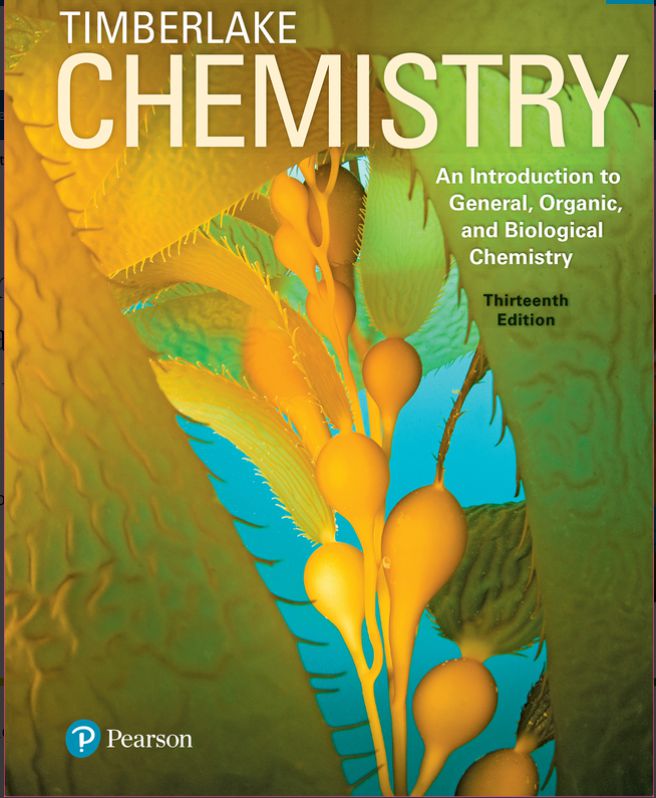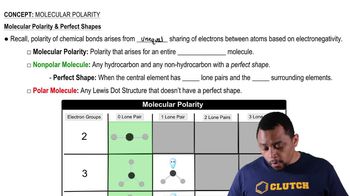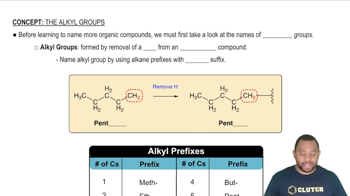Textbook Question
Classify each of the following alcohols as primary (1°), secondary (2°), or tertiary (3°):
d.
773
views

 Timberlake 13th Edition
Timberlake 13th Edition Ch.12 Alcohols, Thiols, Ethers, Aldehydes, and Ketones
Ch.12 Alcohols, Thiols, Ethers, Aldehydes, and Ketones Problem 12a
Problem 12a Verified step by step guidance
Verified step by step guidance



Classify each of the following alcohols as primary (1°), secondary (2°), or tertiary (3°):
d.
Classify each of the following alcohols as primary (1°), secondary (2°), or tertiary (3°):
c.
Classify each of the following alcohols as primary (1°), secondary (2°), or tertiary (3°):
d.
Give an explanation for each of the following observations:
b. 1-Propanol is soluble in water, but ethyl methyl ether is only slightly soluble.
Identify each of the following compounds as an aldehyde or a ketone:
c.
Identify each of the following compounds as an aldehyde or a ketone:
d.